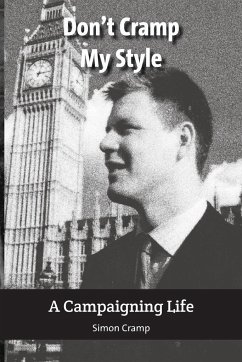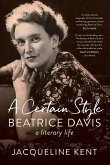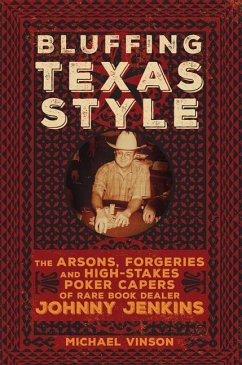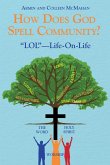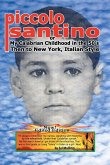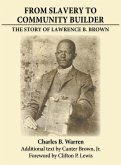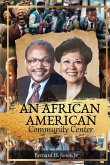David Brindle of The Guardian writes in his Foreword to the book: "Thirty years is no time at all in the scheme of things. Yet it seems an altogether different era when you look back to the 1980s and reflect that we were still sending people with learning disabilities to long-stay hospitals as a matter of course. We've come a long way since then. It's easy to forget that when you despair at the state of things: the brutal cuts we have seen in the welfare state to pay for the banking crash a decade ago; the continuing struggle of disabled people to secure their rights as equal citizens; the shocking hate crime that anyone who looks and sounds different is always in danger of suffering. There is, indeed, much to despair about. "But here's a cause of celebration: a book by and about someone born with a learning disability, albeit not especially severe, who was one of the first generation to be not at risk of being consigned to hospital for good and who has gone on to lead a rich, rewarding life and to make an important contribution to the emancipation of disabled people. Simon Cramp is today one of the most well-known figures on the national stage with, as we now say, "lived experience" of learning disability. He is knowledgeable, articulate and able to hold his own in conversation - occasionally heated discussion - with government officials and ministers. Under the terms of the 1944 Education Act, passed in living memory, he might well have been considered "uneducable". "His book is idiosyncratic, emotional (especially when he discusses his late and beloved twin brother, Adrian) and frankly a touch disorganised. Very much like Simon himself. If you're looking for a scholarly tome on learning disability, put it down now. But if you want a fascinating insight into one man's acceptance of his disability, and his mission to make things better not just for himself but for hundreds of thousands of others, read on."
Hinweis: Dieser Artikel kann nur an eine deutsche Lieferadresse ausgeliefert werden.
Hinweis: Dieser Artikel kann nur an eine deutsche Lieferadresse ausgeliefert werden.

